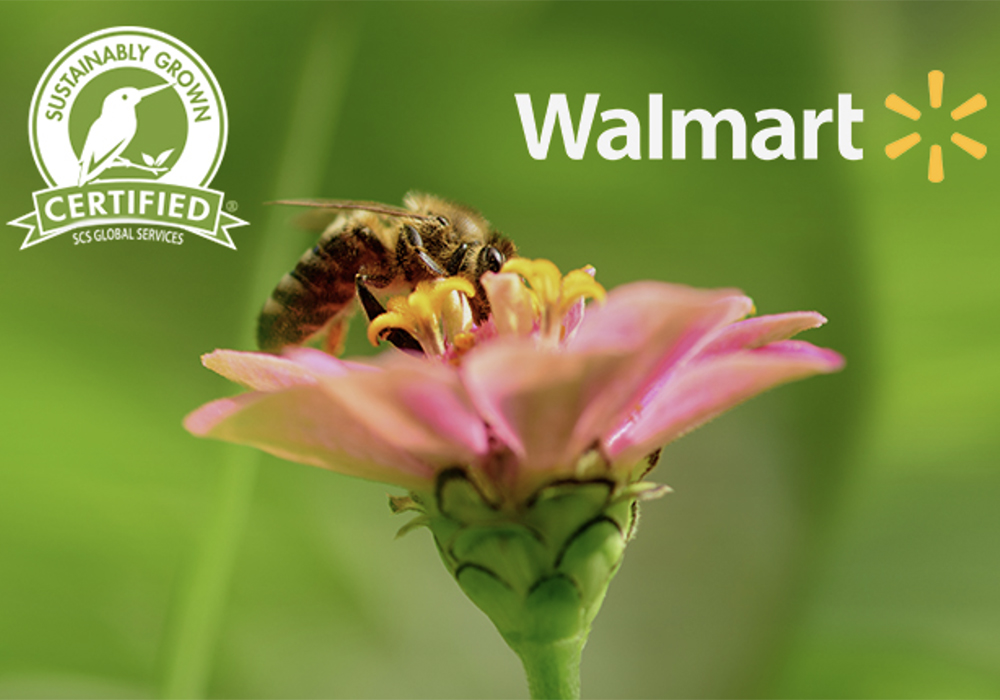In a few years, farmers who grow fruit and vegetables for Walmart Canada will be expected to spray fewer pesticides and will be required to use integrated pest management.
The company made the announcement June 25, saying the policy will protect pollinators and improve biodiversity.
“One hundred percent of fresh produce… (will be) sourced from suppliers that adopt integrated pest management practices by 2025,” the company said. “These practices will be verified by a third party. Fresh produce suppliers will also be encouraged to phase out the use of certain pesticides.”
Read Also

Canadian Food Inspection Agency extends chronic wasting disease control program consultation deadline
Date extended for consultation period of changes to CWD program
There are many definitions of integrated pest management (IPM), but it’s often described as an approach that uses multiple strategies to control crop pests.
Walmart made a similar announcement about pollinators in April, which applies to its stores in the United States.
“Wild pollinators are currently declining in abundance and diversity in regions including North America,” said Walmart Canada, which has 400 stores across Canada.
“A substantial decline in pollinator populations may threaten food production, making regeneration efforts in this area even more important.”
As part of its commitment to pollinators, Walmart will also expect fruit and vegetable growers to convert three percent of their land to natural habitat, which is suitable for bees and other pollinators.
Walmart’s new policy on pollinators is part of a larger campaign by the retailer to become a “regenerative company”.
Last fall, Walmart president and chief executive officer Doug McMillan announced that the company would be encouraging its suppliers to adopt regenerative agriculture, which includes things like cover crops, diverse crop rotations and practices that improve soil health and reduce greenhouse gas emissions from crop production.
“Regenerating means restoring, renewing and replenishing in addition to conserving. It means decarbonizing operations and eliminating waste along the product chain,” McMillan said in September.
Walmart isn’t the only company that’s pushing regenerative agriculture.
In April, PepsiCo said it wants to spread the adoption of regenerative agriculture to seven million acres by 2030.
With more than $70 billion in annual sales of potato chips, oatmeal, orange juice, soda and snack foods, Pepsi is a major buyer of potatoes, oats, corn and oranges.
General Mills and Cargill have also thrown their weight behind regenerative ag.
Last fall, Cargill said it wants to see regenerative ag practised on 10 million acres of North American farmland by 2030.
And in March 2019, General Mills said it supports cover crops, reduced tillage and other regenerative ag practices. It set a goal of one million acres by 2030.
















